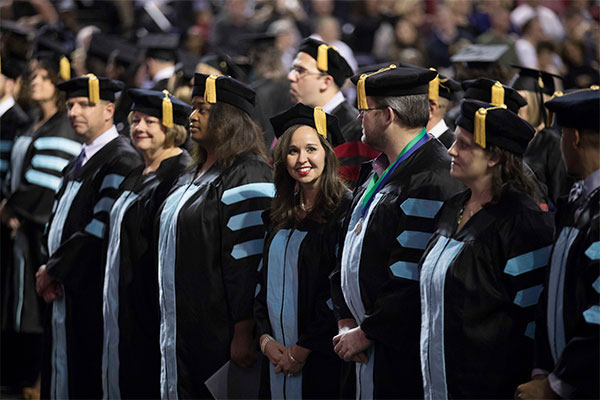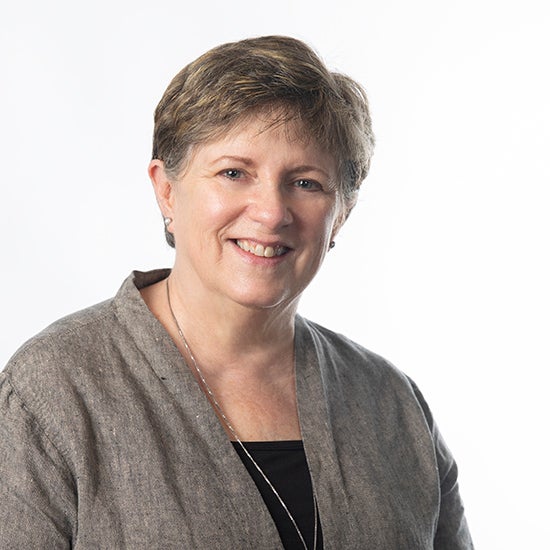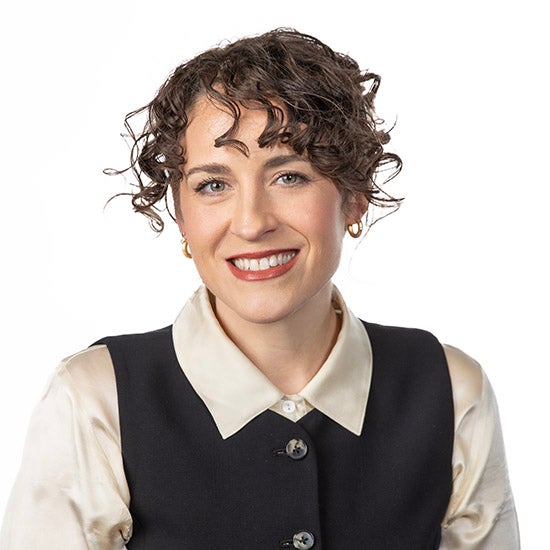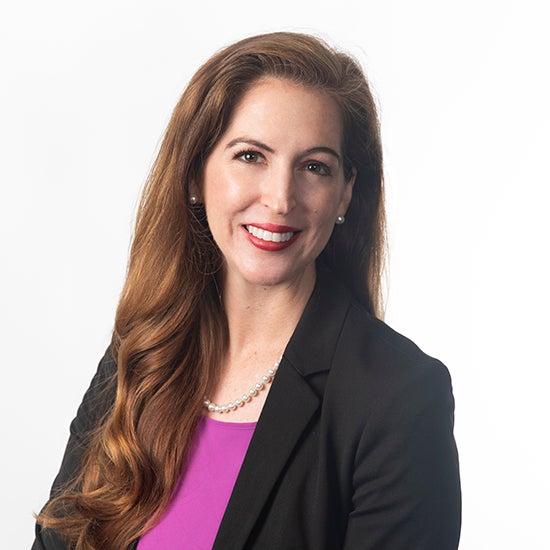Program Overview
The Doctor of Education Program is offered by Lipscomb’s College of Education which is consistently ranked as one of the most effective educator preparation programs in the state of Tennessee and the nation.
Enter a journey that will help you become an effective educational leader and open doors of opportunity that allow you to be the change in education that is needed. Whether your focus is K-12 or higher education – prepare yourself to lead in either public or private academic environments.
The Doctor of Education in Educational Leadership and Strategic Change is focused on educational leadership, theory, practice, collaboration, research, global perspectives on learning, innovation, organizational change and ethics as part of Christian faith.
We know that you want to start making a difference now. That’s why our program culminates with practical, collaborative doctoral research that addresses real needs in authentic settings for the purpose of informing educational practice.
We offer the same rigorous program in two delivery formats: on-campus and online. Study in a program that includes a focus on the intersection of faith and professional practice—from wherever you are.
Admissions Requirements
- Completed online application
- $50 application fee
- Applicants must list all institutions attended and submit official transcripts from every institution, including any college-level credit earned, such as dual enrollment, transferred credits, or post-baccalaureate study. Transcripts from only the final or degree-granting institution are not sufficient.
- Three letters of recommendation
- Current Supervisor is required
- Two written personal statements on the following topics:
- Faith and spiritual development
- Purpose Statement
- Current resume
- Virtual writing assessment
- Interviewed by a team of faculty prior to formal admission to the program.
Fall Admissions Timeline
- Application Deadline - Early June
- Applications may be accepted after this date if the deadline has been extended
- Admission Decisions - notification is based on the individuals application status and interview process
- Program Begins - August
Courses
Tuition & Aid
- $953* per credit hour
- $715 with 25% in-service discount (K-12 or Higher Education)
*Note: The graduate tuition rates may increase annually, effective each summer semester.
Scholarship Information
As you give back to the community, Lipscomb University wants to give back to you. The College of Education offers significant scholarships to current educators and administrators. Check out the following information to see if you qualify for scholarships.
Types of Aid
Retention rate
of coursework
Our Faculty
Career Paths
Education Leadership Positions
Educational leadership positions in K-12 include instructional coaches, lead faculty, assistant principals, building principals, executive principals, a variety of district roles including superintendents, and a variety of roles in the state department of education.
Higher Education Positions
Educators work in higher education as faculty or in administrative roles such as program directors, deans, vice presidents, and presidents. Their job duties vary depending upon the role they fill.
Education Support Organizations
Education support organizations provide services to both K-12 and higher education. These organizations include a number of leadership opportunities in the area of policy formation, advocacy, professional development, assessment services, and support for educational leaders and institutions.







